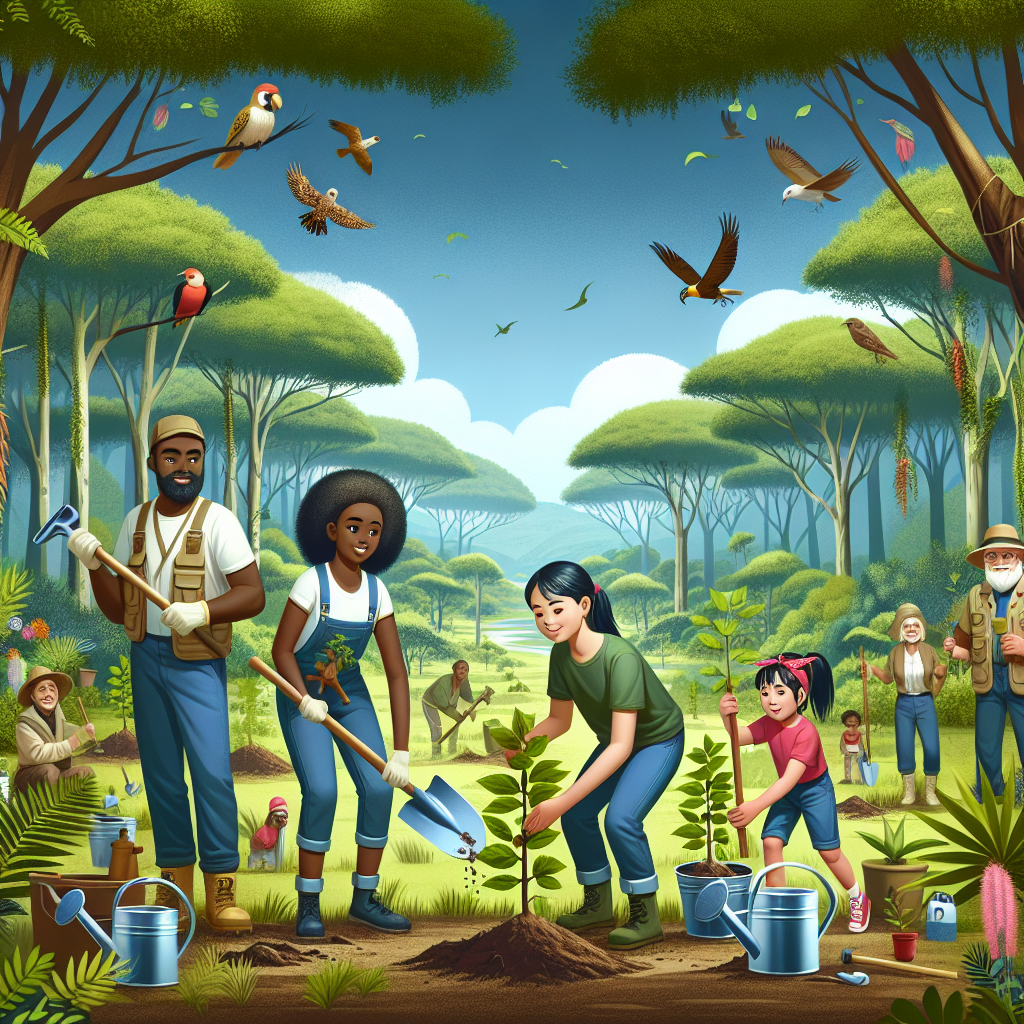A new World Bank report reveals a tentative recovery in the Congolese economy, with GDP growth estimated at 1.9% for 2023 and projected to rise to 3.5% in 2024. This growth is driven by both oil and non-oil sectors, which are expected to increase by 4.2% and 3.5% respectively. However, the recovery remains fragile due to the volatile nature of oil production.
The Eleventh Economic Update for the Republic of Congo highlights an acceleration in inflation to an average of 4.3% in 2023 and a rise in severe food insecurity affecting 59% of the population. Widespread poverty continues to plague the nation, with nearly half of Congolese living on less than US$2.15 a day.
The report underscores the necessity for effective fiscal instruments to promote sustainable forestry and economic growth. Forests, which cover two-thirds of Congo’s territory, play a crucial role in the economy and environmental health. Despite economic development and illegal logging pressures, Congo has managed to maintain a low and stable deforestation rate. Major forest policy reforms, including the 2020 forest code, have been implemented to strengthen sustainability.
Congo is committed to reducing its CO2 emissions by 32% by 2030. However, achieving this goal requires approximately $7.1 billion in external financial support for climate change mitigation and adaptation. International funding for these efforts remains insufficient, despite the critical importance of Congo’s forests and the Congo Basin's broader ecological role.
Louise Pierrette Mvono, World Bank Resident Representative for the Republic of Congo, suggests that Congo could enhance forest sustainability despite budget constraints and limited international support by adopting climate-smart fiscal revenue instruments. An example is the “bonus-malus” system used in other regional countries, which aligns tax rates with sustainable timber production methods.
To address the challenges facing Congo’s forestry sector, the report recommends:
Combining Fiscal Instruments with Improved Governance: Implement better law enforcement, monitoring, and transparency to protect Congo’s forests and bolster the forestry sector’s economic role.
Strengthening Regional Cooperation: Harmonize regulations, improve law enforcement, and align forest fiscal policies across Congo Basin countries to tackle cross-border challenges and attract more international funding.
Increasing International Support: Scale up financial support and compensation for Congo Basin countries’ efforts to preserve their forests, which provide essential climate regulation and biodiversity services.
The report notes that Congo is leading other CEMAC countries by implementing a log export ban in July 2023. This measure is intended to promote economic diversification and market access. Vincent De Paul Tsoungui Belinga, Senior Economist and lead author of the report, highlighted that earlier investments in infrastructure and the introduction of the new forest code have facilitated this transition.
The World Bank report emphasizes the need for continued international support and innovative financial strategies to sustain Congo’s forests and support the country's broader economic recovery.











